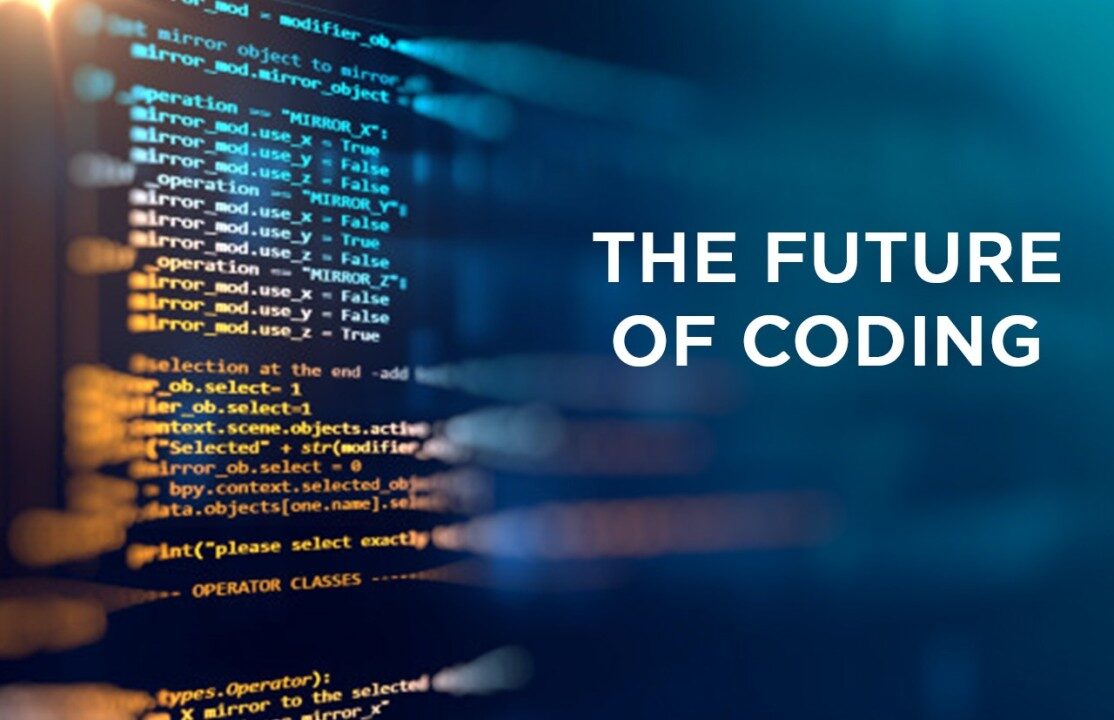As the tech industry continues to evolve, so does the field of coding education. The future of coding education is being shaped by new trends and innovations that promise to make learning more accessible, engaging, and effective. In this article, we’ll explore the key trends and advancements in coding education that you need to know to stay ahead in computer programming and software engineering.

1. Personalized Learning Experiences
One of the most significant trends in coding education is the shift towards personalized learning experiences. Traditional programming lessons often follow a one-size-fits-all approach, but personalized learning adapts to individual needs and learning styles. With the help of AI and machine learning, educational platforms can now offer tailored recommendations for coding exercises, projects, and tutorials based on a learner’s progress and interests. This customization helps learners focus on areas where they need improvement and advance at their own pace.
2. Integration of Coding Challenges
Coding challenges are becoming an integral part of modern coding education. These challenges provide learners with real-world problems to solve, which enhances their problem-solving skills and coding proficiency. Platforms are increasingly incorporating coding challenges into their curriculum to simulate practical scenarios. By participating in these challenges, students can apply their knowledge in a hands-on environment, which is crucial for mastering concepts such as data structures and algorithms.
3. Emphasis on Full-Stack Development
Full-stack development continues to gain prominence in coding education. As web applications become more complex, there is a growing demand for developers who are skilled in both front-end and back-end development. Coding workshops and online tutorials are now focusing on full-stack development, teaching students how to build complete applications from scratch. This holistic approach equips learners with the skills needed to handle all aspects of software development, making them more versatile and job-ready.
4. Expansion of Online Coding Tutorials
The rise of online coding tutorials has revolutionized how people learn to code. With a vast array of resources available, learners can access high-quality programming lessons anytime, anywhere. These tutorials often include interactive coding exercises and projects that allow learners to practice and apply their skills in real-time. The convenience and accessibility of online coding tutorials make them a popular choice for individuals looking to enhance their coding education outside of traditional classroom settings.
5. Focus on Coding Education for Diverse Audiences
There is an increasing emphasis on making coding education accessible to a broader audience. Initiatives aimed at promoting diversity in tech are introducing coding workshops and programs tailored for underrepresented groups. These programs often provide scholarships, mentorship, and resources to help individuals from diverse backgrounds break into the tech industry. By focusing on inclusivity, the future of coding education aims to build a more diverse and innovative tech workforce.
6. Gamification and Interactive Learning
Gamification is transforming coding education by making learning more engaging and enjoyable. By incorporating game-like elements such as points, badges, and leaderboards, educational platforms motivate learners to complete coding exercises and projects. Interactive learning environments, including coding games and simulations, offer a dynamic way to practice programming skills. This approach not only makes learning more fun but also enhances retention and comprehension.
7. Advanced Tools for Collaborative Learning
The future of coding education also includes advanced tools for collaborative learning. Online coding platforms now offer features that enable students to work together on programming projects, share code, and provide feedback. Collaborative tools such as version control systems and online coding environments facilitate teamwork and peer learning, which are essential for developing communication and collaboration skills in software engineering.
8. Focus on Real-World Application
Coding education is increasingly focusing on real-world applications. Programs are designed to help learners work on projects that simulate actual industry challenges. By engaging in projects related to real-world problems, students can gain practical experience and build a portfolio that demonstrates their ability to tackle complex issues. This hands-on approach bridges the gap between theoretical knowledge and practical skills, preparing learners for successful careers in tech.

The future of coding education is being shaped by trends and innovations that enhance learning experiences and prepare students for the evolving tech landscape. From personalized learning and coding challenges to the expansion of online tutorials and a focus on real-world application, these advancements are revolutionizing how programming skills are taught and mastered. By staying informed about these trends and embracing new educational tools and methods, you can ensure that you remain at the forefront of coding education and advance your career in computer programming and software engineering.




